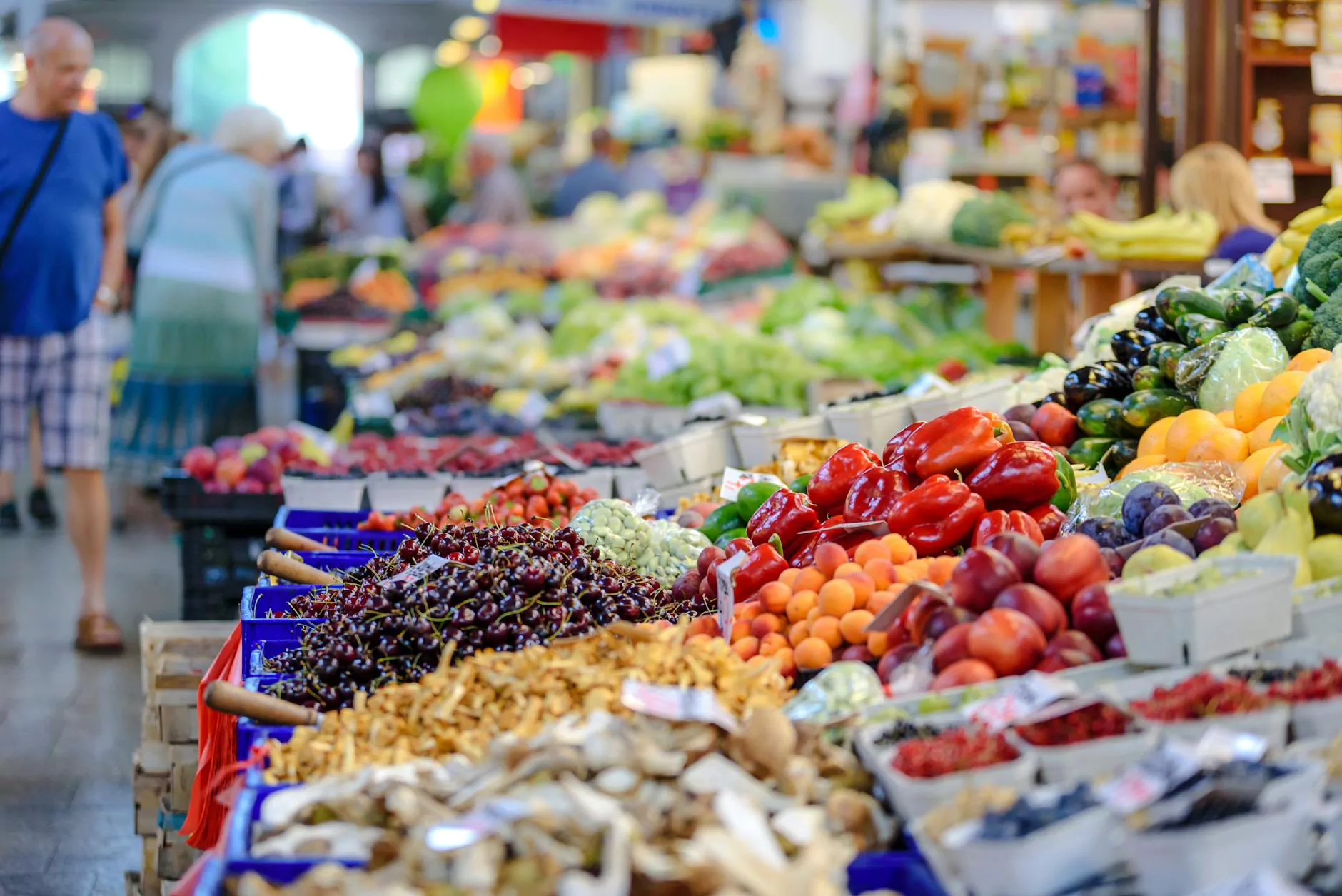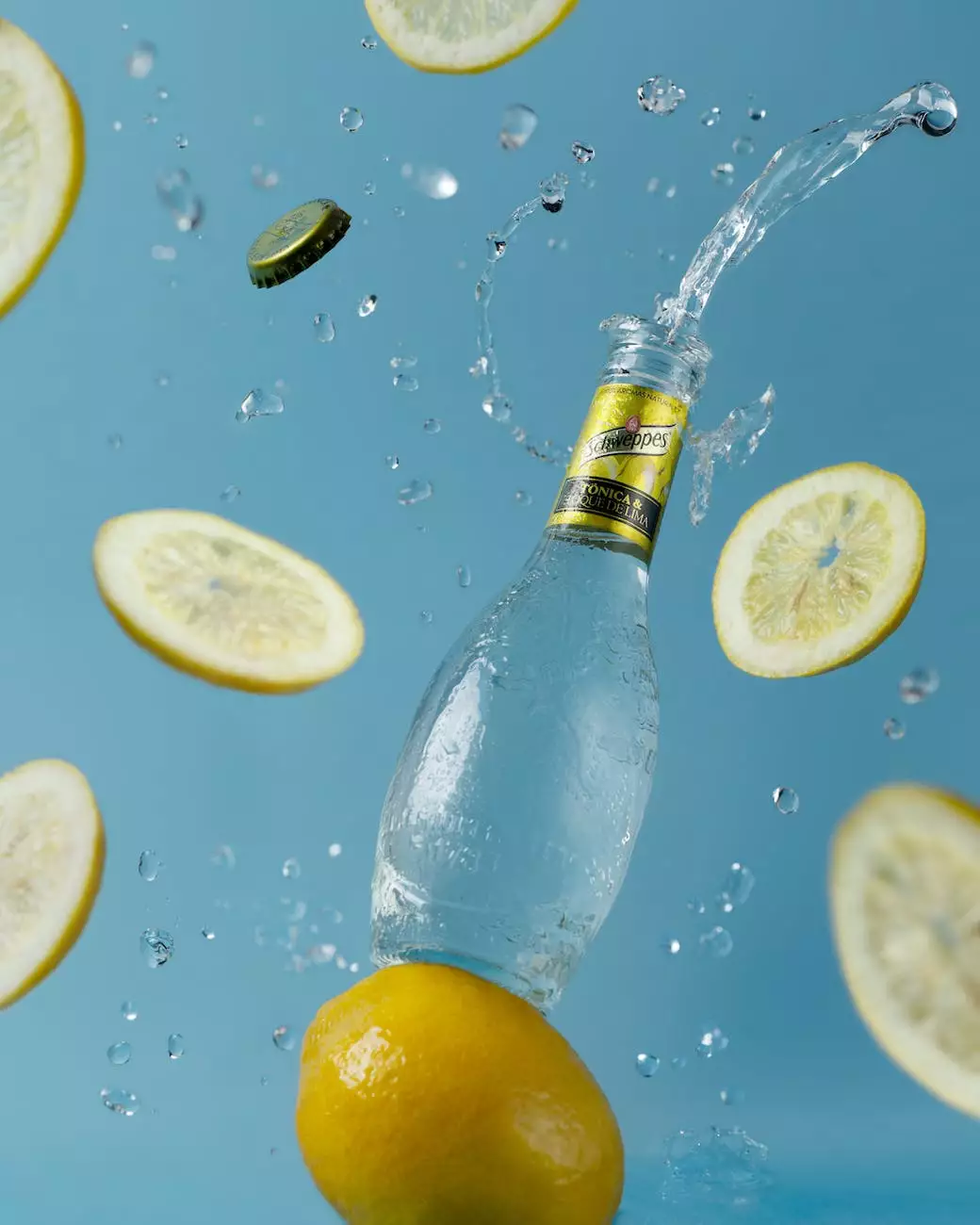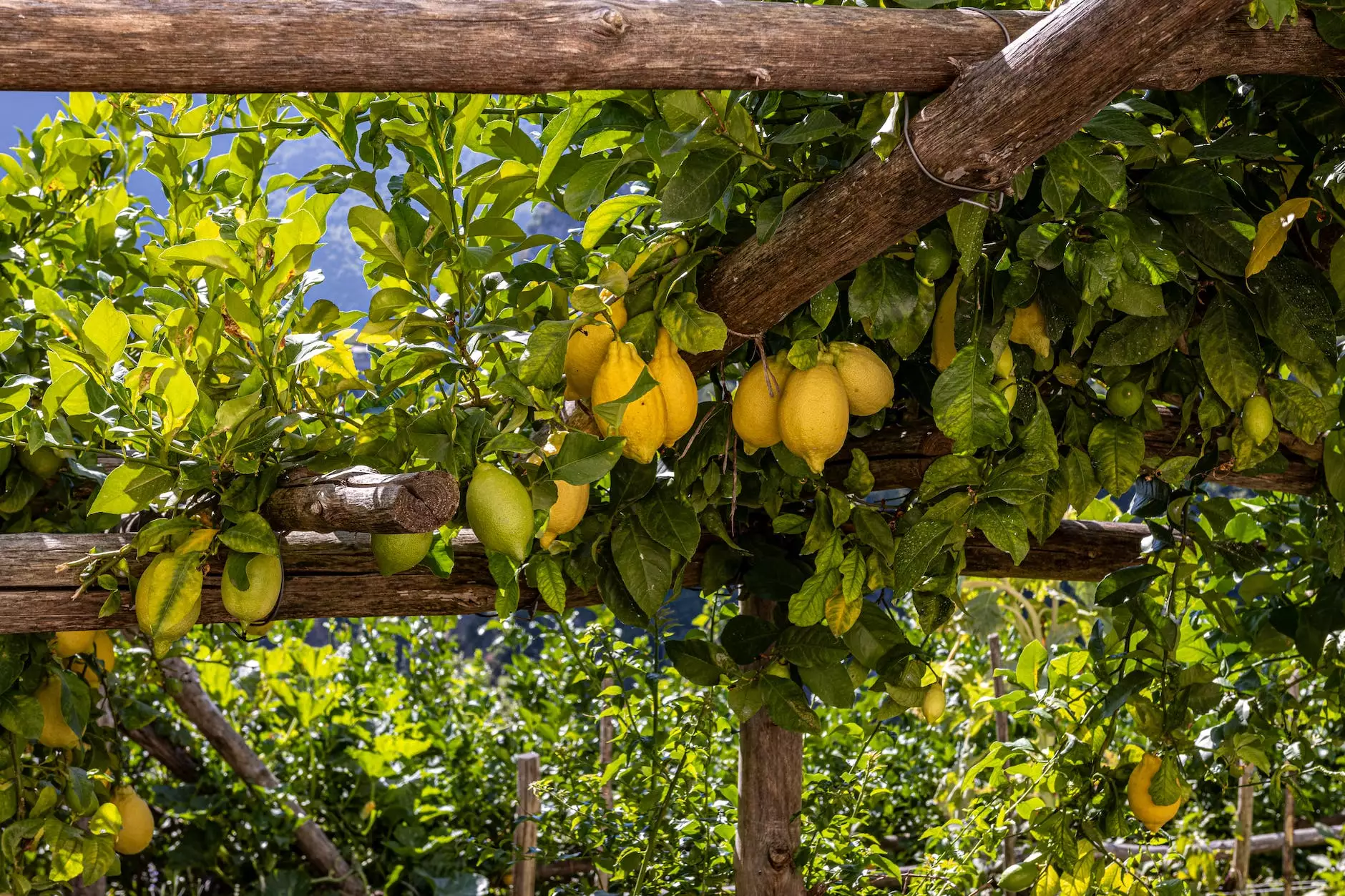Storing Fresh Produce Tips Infographic
Education
Introduction
Welcome to Roxanne Weber, VOA's comprehensive guide on storing fresh produce. In this infographic, you will find valuable tips and expert advice to help you maintain the freshness and quality of your fruits and vegetables.
The Importance of Proper Storage
Properly storing fresh produce is crucial to preserving their nutritional value, taste, and texture. Whether you grow your own produce or buy it from a local market, knowing the right storage techniques will help you enjoy your fruits and vegetables for longer periods.
General Tips for Storing Fresh Produce
Follow these general tips to ensure the longevity of your fresh produce:
- Wash your hands before handling fruits and vegetables to prevent cross-contamination.
- Inspect your produce for any signs of damage or spoilage.
- Remove any excess moisture by patting them dry.
- Store fruits and vegetables separately as some emit ethylene gas, which can accelerate ripening.
- Avoid storing produce near strong-smelling foods, as they can absorb odors.
Storing Fruits
Fruits require specific storage conditions. Follow these tips for different types of fruits:
Citrus Fruits
Store citrus fruits like oranges, lemons, and grapefruits at room temperature or in the refrigerator. If storing in the refrigerator, ensure they are dry to prevent mold growth. Avoid exposing them to extreme temperatures or sunlight.
Berries
Berries are delicate and require careful storage. Remove any damaged or spoiled berries before storing them. Store them in a single layer or line a container with paper towels to absorb excess moisture. Place them in the refrigerator and consume within a few days for optimal freshness.
Apples
Apples can be stored in a cool, dark place, such as a cellar or refrigerator. Keep them in a well-ventilated container or perforated bag to maintain proper air circulation. Check them regularly for spoilage and separate any rotting apples to prevent further contamination.
Bananas
Keep bananas at room temperature until they reach the desired ripeness. To slow down the ripening process, separate them from each other and store them in a cool area. Once ripe, you can transfer them to the refrigerator to extend their shelf life.
Storing Vegetables
Vegetables have varying storage requirements based on their type. Here are some guidelines:
Leafy Greens
Leafy greens such as lettuce, spinach, and kale should be stored in a perforated plastic bag to maintain moisture levels. Place them in the refrigerator's vegetable crisper or a cold drawer. Avoid washing them before storage as excess moisture can lead to wilting.
Root Vegetables
Root vegetables like carrots, potatoes, and beets require a cool, dark, and dry environment. Remove any attached green tops before storing to prevent moisture loss. Place them in a breathable container or paper bag and store them in a cool space away from direct sunlight.
Tomatoes
Store ripe tomatoes at room temperature to retain their flavor and juiciness. Keep them away from direct sunlight and store them with the stem side facing up. If they become overly ripe, move them to the refrigerator to slow down the ripening process.
Herbs
Fresh herbs can be stored in various ways. Wrap them loosely in a damp paper towel and store them in a plastic bag in the refrigerator. Alternatively, you can freeze herbs in ice cube trays with a little water or oil. This ensures their availability even after the growing season ends.
Conclusion
By following these expert tips on storing fresh produce, you can prolong their freshness and enjoy them at their peak flavor. Roxanne Weber, VOA, is dedicated to providing you with valuable information on various topics, including website development, and ensuring a great user experience across our extensive range of business and consumer services.










